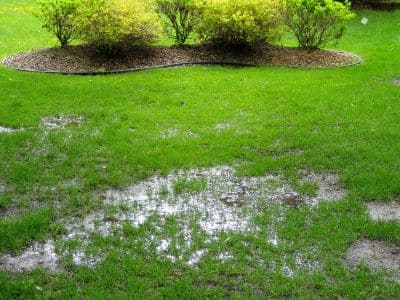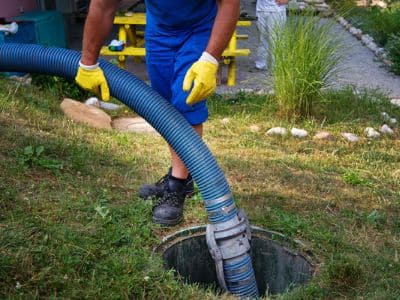Things Everyone Should Know About Septic Systems
An old saying goes: “No news is good news.” In a sense, the same applies to septic systems. If one doesn’t have to think about their septic system routinely, things are working as expected.The septic system is one of the plumbing system’s many unsung heroes. It’s one of the many components responsible for processing water and carrying waste away from the home. Yet, it’s important to know a few things about them, including how they work. This can reduce the likelihood of serious complications and extend the system’s lifespan.
What Is a Septic System? What Does It Do?
As noted, septic systems carry waste away from the home. Per the Environmental Protection Agency (EPA), a septic system generally comprises two parts: the septic tank and the drain field (sometimes called a soil absorption field). The septic tank is usually underground and is made of concrete or fiberglass. The drain field is usually under the front lawn, away from the house itself.
Now, here’s how the system works:
- All water that leaves the house goes through a single pipe
- The water enters the septic tank
- The water remains in the septic tank long enough for waste to settle to the bottom
- Once waste settles to the bottom, the water exits to the drain field
- Now, naturally-occurring bacteria in the soil will break down the waste
Only some homes use septic systems. For instance, homes that use well water usually have these systems. If neighbors have a septic tank under their house, they probably have one.
Three Signs of Septic Tank Failure
Generally, a septic tank can last 15 to 30 years without major problems. Still, one should know the signs of septic tank failure. Some signs include:
- Foul smells around certain areas of the front and back lawn
- Wastewater backing up into the home’s drains
- Spongy matter around the drain field’s area
- Muddy water around where the septic tank is buried
Homeowners should not take septic tank failure lightly. Even if they suspect a problem, they should contact a professional. The longer one waits, the more damage the home could experience.
What to Know About Septic System Maintenance
One should schedule an annual maintenance check with a professional. A plumber can assess one’s septic system and check for any signs of failure. They can also catch any other problems that could turn into larger issues, such as leaks and clogs.
In addition to scheduling maintenance visits, homeowners can maintain their septic systems by:
- Using high-efficiency toilets: This does more than save water and money; it also puts less strain on the plumbing system.
- Only run full loads of laundry: Just like using high-efficiency toilets, being mindful of certain appliances can ensure the septic tank works properly. Why? Same reason; it puts less stress on the plumbing system.
- Being mindful: By connecting with a professional as soon as possible, one can catch problems before they arise. Problems with the septic tank do not go away on their own. Instead, they can cause extensive damage–even damage unseen to the naked eye.
About Allens Plumbing
Allens Plumbing understands the stress that septic system problems can cause. That’s why they offer easy, online scheduling and discounted services. They’re also a proud member of the Plumbing-Heating-Cooling Contractors Association. For more information about plumbing services, one can call today to learn more. Allen Plumbing serves homeowners in both Kahului and Maui.



